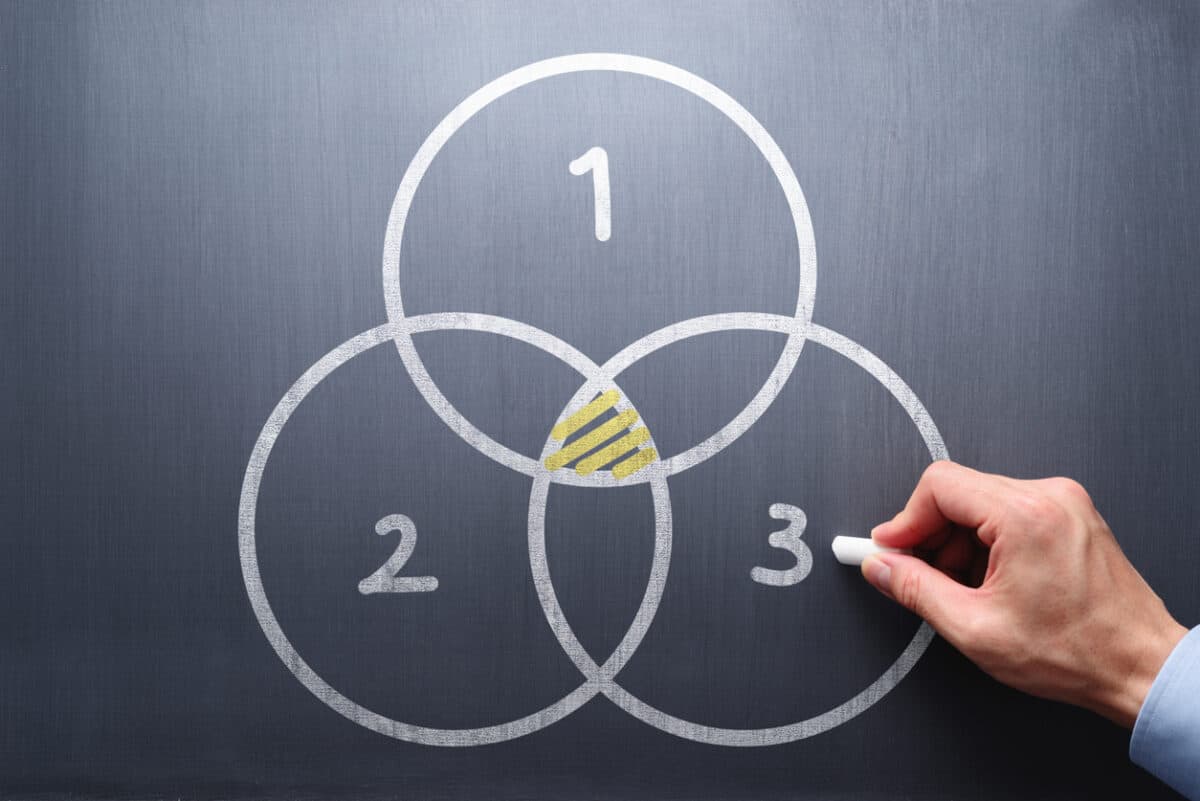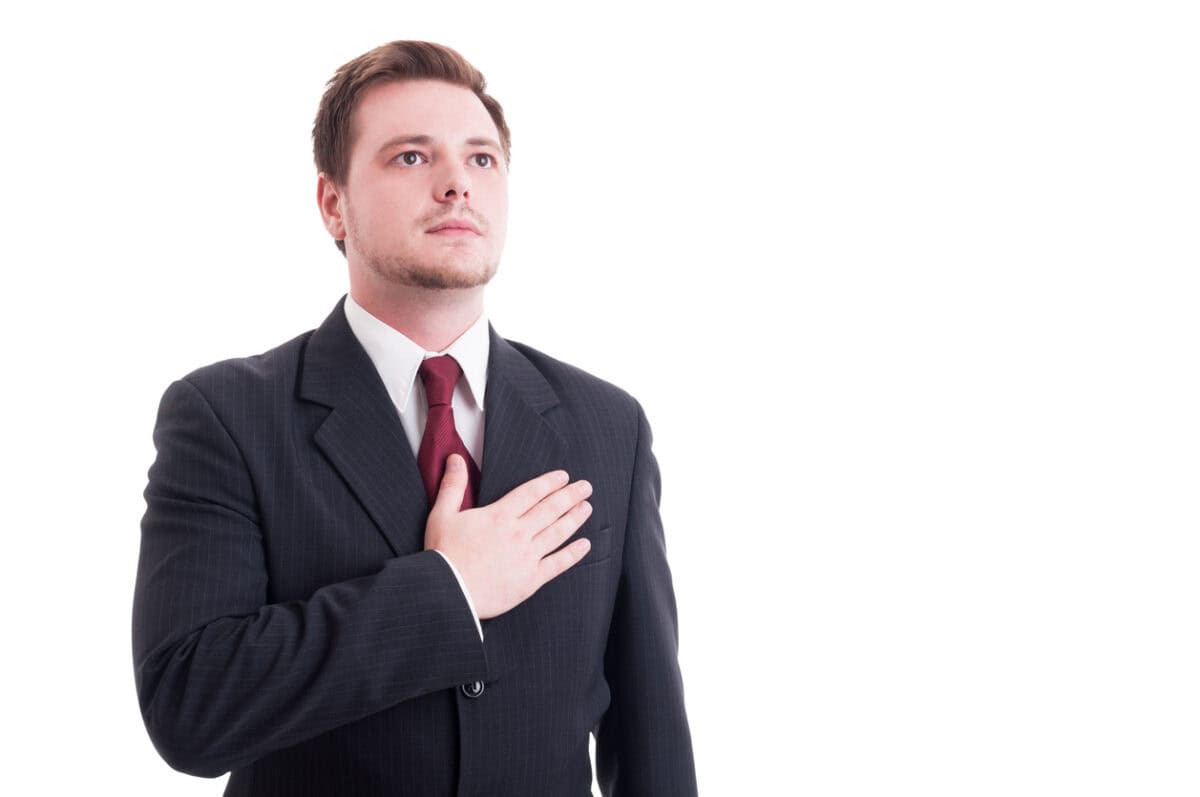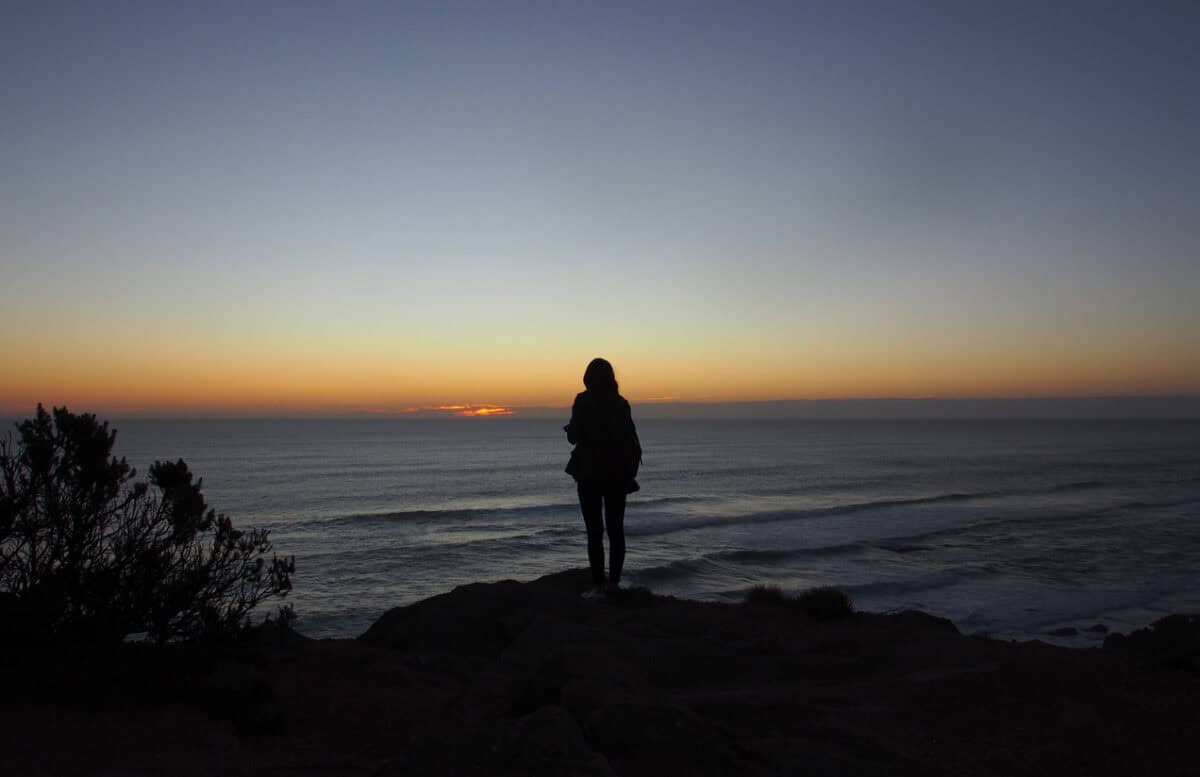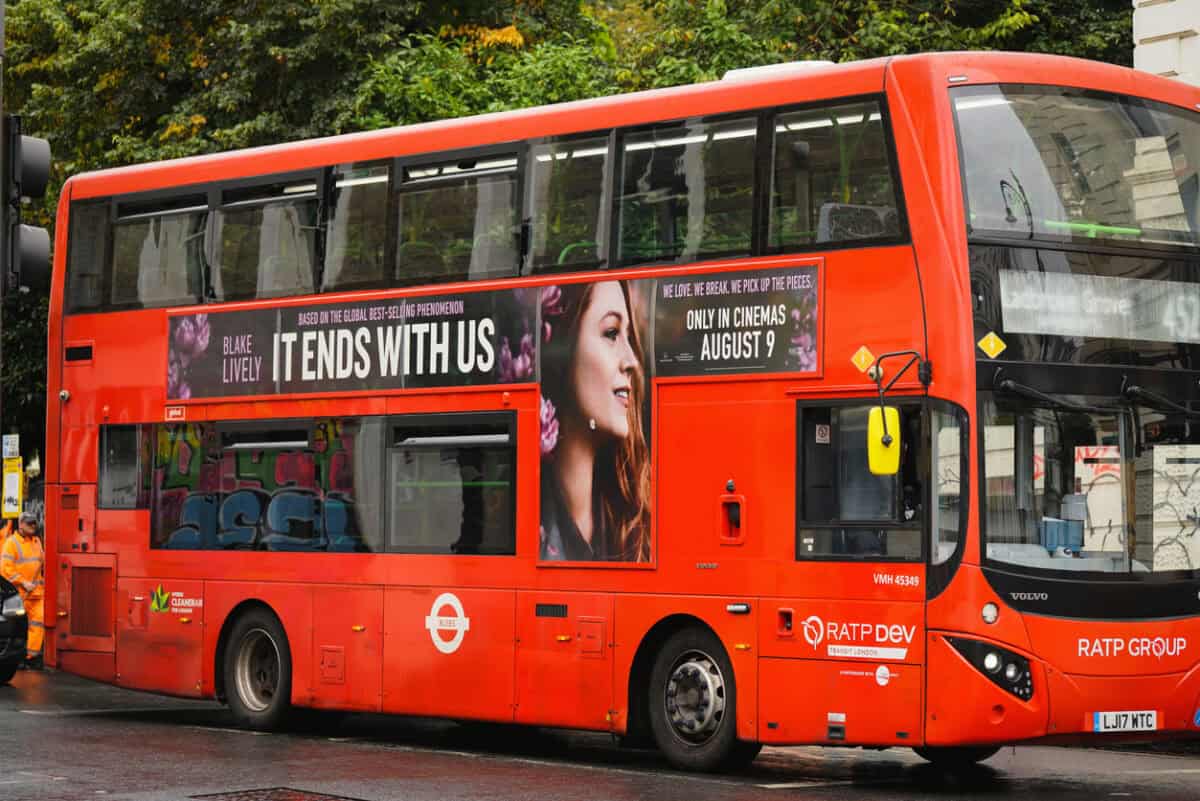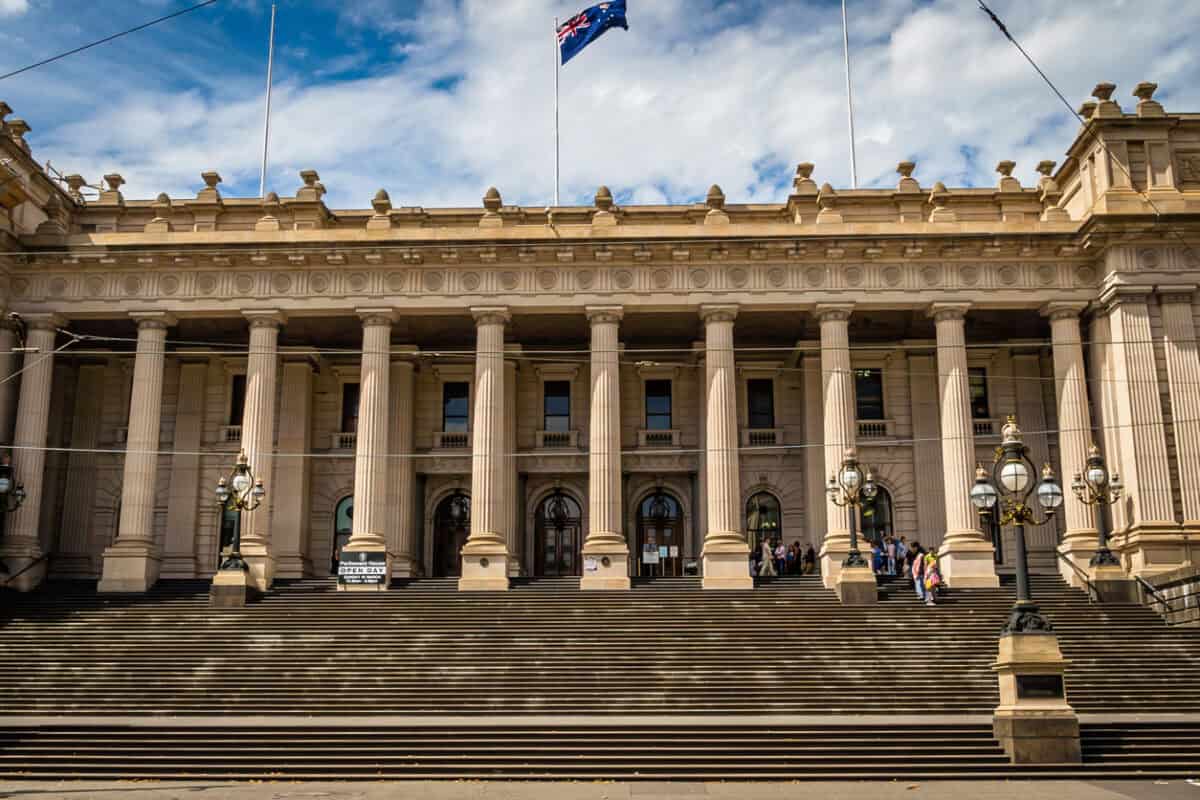Risk and governance software company Navex published a forecast for 2025 which has some occupational health and safety (OHS) relevance. It wrote “Rising temperatures in the workplace: Addressing civility concerns” which said
“Workplaces increasingly mirror the polarization we see in the world, with tensions surrounding diversity, equity and inclusion (DEI), environmental, social and governance (ESG) initiatives, and political differences bubbling to the surface in workplace discord. Ideally, the workplace should be a collaborative environment, but now is a minefield of potential heated disagreements, making workplace civility a top priority for organizations.”


